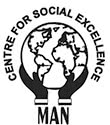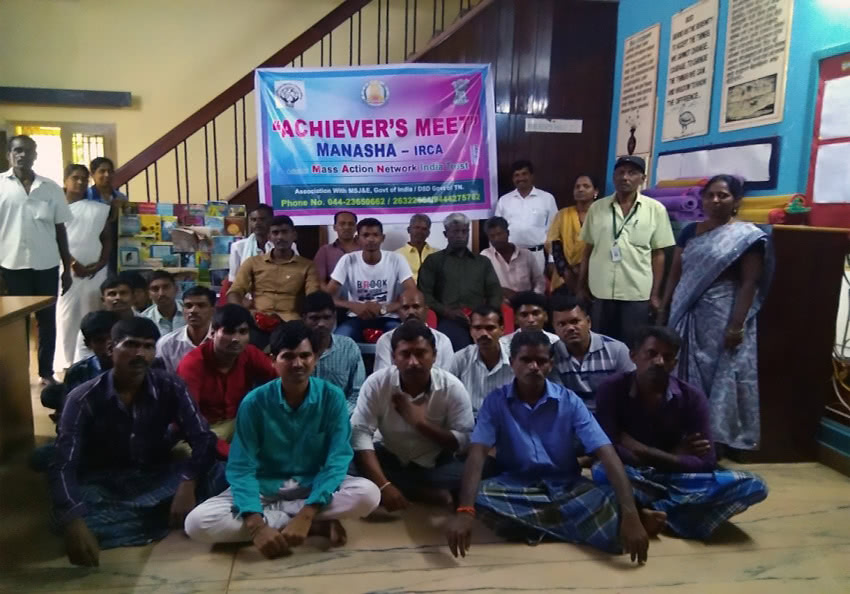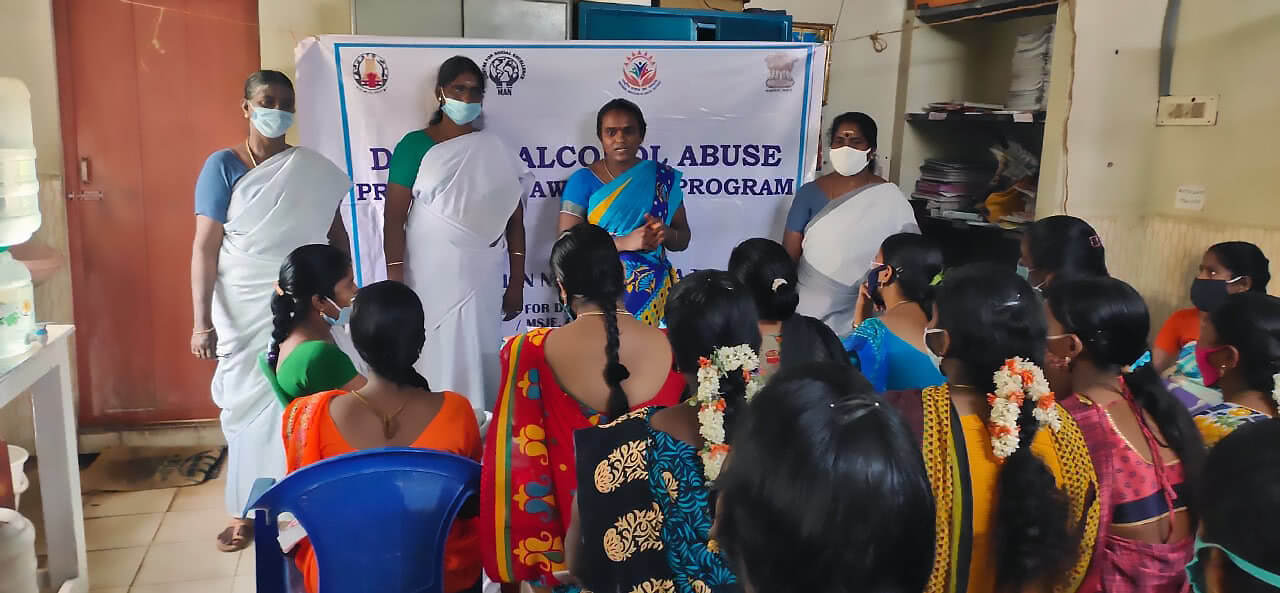Treatment Programmes
MANASHA De-Addiction cum Rehabilitation
The centre for Integrated Rehabilitation Center for Addicts has been shortly called as IRCA Scheme which has been supported by Ministry of Social Justice & Empowerment, Govt of India through NAPDDR. We have treated 6200 clients under in patient and 12450 patients were treated under out patients since 2002.The financial layout of the scheme has been 90 percent of the support being from Ministry of Social Justice & Empowerment Govt of India, New Delhi reaming matching grant has been met through NGO’s Contribution in which public and philanthropist, and well-wishers are encouraged to contribute for the cause.
The scheme aims to provide De-toxification cum Rehabilitation for the dependence of alcohol and drug users those who are willing to give up their habits, wherein MANASHA caters treatment based medical, psychological & social support which include primary prevention throughout reach:
- Awareness programmes
- Identification of addicts
- De-toxification through allopathy
- De-toxification through Yoga therapy
- Individual counselling
- Spouse counselling
- Vocational training
- Followed by Rehabilitation and re-integration in the Society
The basic concept of the scheme has been to create prevention based awareness have been conducted as part of IRCA team at the institutional and non –institutional level in order to reach the unreached people and location such as women self-help group, primary hospital, schools, prison, college, polytechnic and work place intervention in urban and rural areas in association with district administration and local Panjayat Raj institutions.
Free of Cost Treatment
The intuition is providing free of cost treatment program as mandated by the scheme which include food, treatment, accommodation only (except personal expenditure or consumable for the eligible inmate or inpatients only, and will not support for the support person on any of the items such as accommodation, travel and transport food etc.
Admission Procedure
Adult person having age between 19 to 70 years having addiction issues in connection with drug, alcoholism and willing to stay for 30 days treatment protocol as mandated by the minimum standard of care by NISD/RRTC with full wiliness without any undue influence or coercive is consider as inpatients after through screening by the team of professionals including medical doctor and social worker / counsellor. Aadhar identity or voters cars or family card any one of the copy is must for getting admission.
Note : Centre will not provide admission for non-willing patients for treatment, picking and dropping of the service or transport services, clothing items including inners, personal consumable items such as shaving set, bed sheet, tooth paste, dining plate, oil, beedi or cigar or special food or supplementary food or snacks or beverages to the inmates except regular food menu which is drawn from the food committee.
Services at the Centre
There shall be 30 days program for each inpatient who have admitted the first phase of the treatment has been de-toxification followed by psycho-social support program, normally de-toxification process from 1st day to 7 days of the inmate admitted in to the centre.
After de-toxification, the patient will be supported psychologically through individual counselling (8 sessions), family therapy (4 sessions) and common activities like sharing, reading big book, yoga therapy are common to all.
Psychological therapy includes:
- Lectures with participatory activities where information is provided about alcohol and drug use related problems as well as the recovery process.
- Group therapy to reflect over the information presented and relate it to one’s own life situation.
- Counselling sessions to discuss personal issues and develop a recovery plan to refrain from alcohol/drugs and improve quality of life.
- Family therapy programme to help family members understand how they can provide the right kind of support after treatment. One member from each patient’s family is expected to attend the family therapy programme for two weeks.
Food Facilities
Normal south Indian food menu being prepared at the centre with consent of the food committee those who are completed de-toxification process or 10 days completion of the inmates are being the food committee members and project in charge and senior counsellors are also part of the food committee to decide the list of menu of the concerned month. Generally 3 times food consists of morning tiffin, lunch and dinner with 3 times tea being regular system of food wherein non-vegetarian meal being supplied weekly twice.
Recreation Facilities
Inmates are encouraged to get into recreation program such as watching TV, reading newspapers, Carrom board, Chess board, and exercise or gym facilities are very much available for the use of the inmates with restricting of time to access or without hampering regular schedule of the primary program, individual talents such as singing song, play group gaming or group activities such as life skills program being encouraged to design and play for the use of the inmates.
Follow-Up & Re-Integration Program
Follow-up program being part of the treatment process usually all the patients will be monitored by the concerned counsellor / social worker for the period of 2 years in which the sober or relapsed situation has been decided only after completion of 2 years of continuous and constant follow-up program. The process of such activities is initially through telephonic, sending letter followed by home visit and recording status of the partied being updated in the follow-up card of the concerned counsellors.
Family Therapy
Addiction affects not only the addicted individual, but also his family members. The two week family therapy programme is mandatory and helps family members recognize and deal with their emotional pain and work on establishing a healthy lifestyle.
- Families often develop a dysfunctional pattern of behavior – they are unable to recover without active intervention.
- Families can facilitate the recovery process – they need to be sensitized.
- Families can and must change irrespective of the addict’s recovery – they need to be empowered to go beyond merely coping with the problem.
Our programme provides information and awareness about addiction and its impact on the family. We provide them a safe environment to express their feelings and resolve their problems
counselling to recognize their dysfunctional traits and change, to understand recovery as a process and extending the right support to the recovering person.
Our Family Therapy programme includes:
- Consultation by a Psychiatrist.
- Follow-up services for five years after primary and after care treatment for all patients.
- Treatment and follow-up services to all patients in rural camps.
- Awareness programme in industries, communities and educational institutions.


